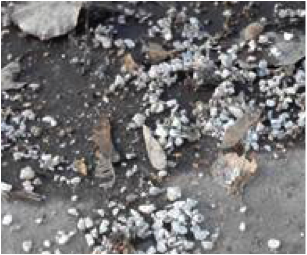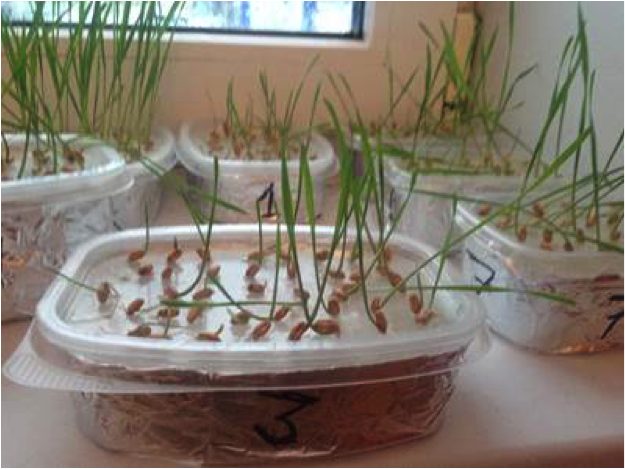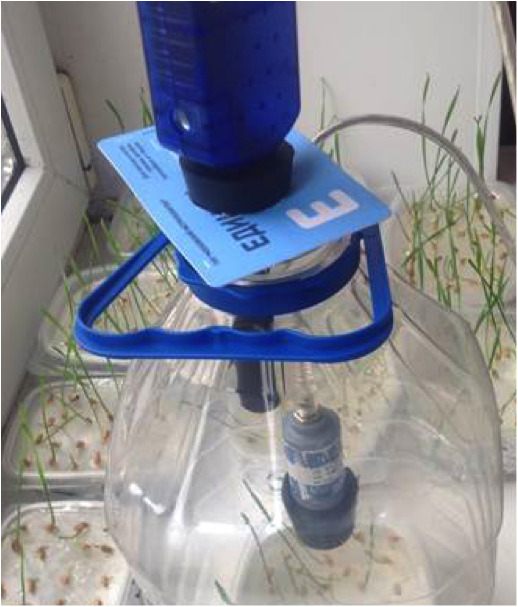From Russia with Science!
Every winter many parts of the world are covered with snow, and when that snow melts off, you see bits of green start to appear. But how does non-point source pollution impact the growth of some of that greenery? Mr. Aleksey Vasilevich, a teacher at a secondary school in Balovnevo, Russia, used that question to launch an inquiry-based experiment where his students investigated the impact that salting the roads can have on plant growth long after the snow has melted. You can read the full story in Russian on EdCommunity.RU, or check out a summary of the lab below.

During a spring break trip to Moscow, some students noticed dry white granules scattered on the sidewalks and side streets. After break, an inquisitive student collected a number of the pellets and brought them back to the lab. The granules were quickly identified as de-icing agents necessary to melt snow and ice off the streets during winter.
Students in the lab suggested that the runoff would include some of the dissolved de-icing agent, which could alter the soil chemistry and possibly impact the growth and development of plants in the area. Armed with a question, Vasilevich guided his students through the experimental design process to test their hypothesis. Wheat seeds were selected as model plants since they have rapid germination and are easy to cultivate in the lab. After germination the seeds were placed in a plastic container with water and a small amount of fertilizer. This modified hydroponic setup allowed careful control of variables across the control group and several test groups, which were exposed to the de-icing agent. Approximately 30 plants were set up for each group.

Students monitored several variables including the length of shoots and roots, color of the plants, and photosynthesis and respiration rates using the Oxygen Gas Sensor and Carbon Dioxide Gas Sensor. Students modeled PASCO’s EcoZone setup using 5L plastic bottles with modified metro passes (souvenirs from their trip to Moscow) to secure the sensors.

The results were clear. Students observed decreased metabolic activity in the plants exposed to de-icing chemicals, reduced growth, and visibly reduced photosynthetic pigments.
Using their innate curiosity, the inquiry experiment was a great way to engage students in the content and scientific process. Now they are thinking about ways to improve their experiment by collecting soil samples and testing different chemicals present in the de-icing granules, which will help identify which compounds hinder plant growth.



